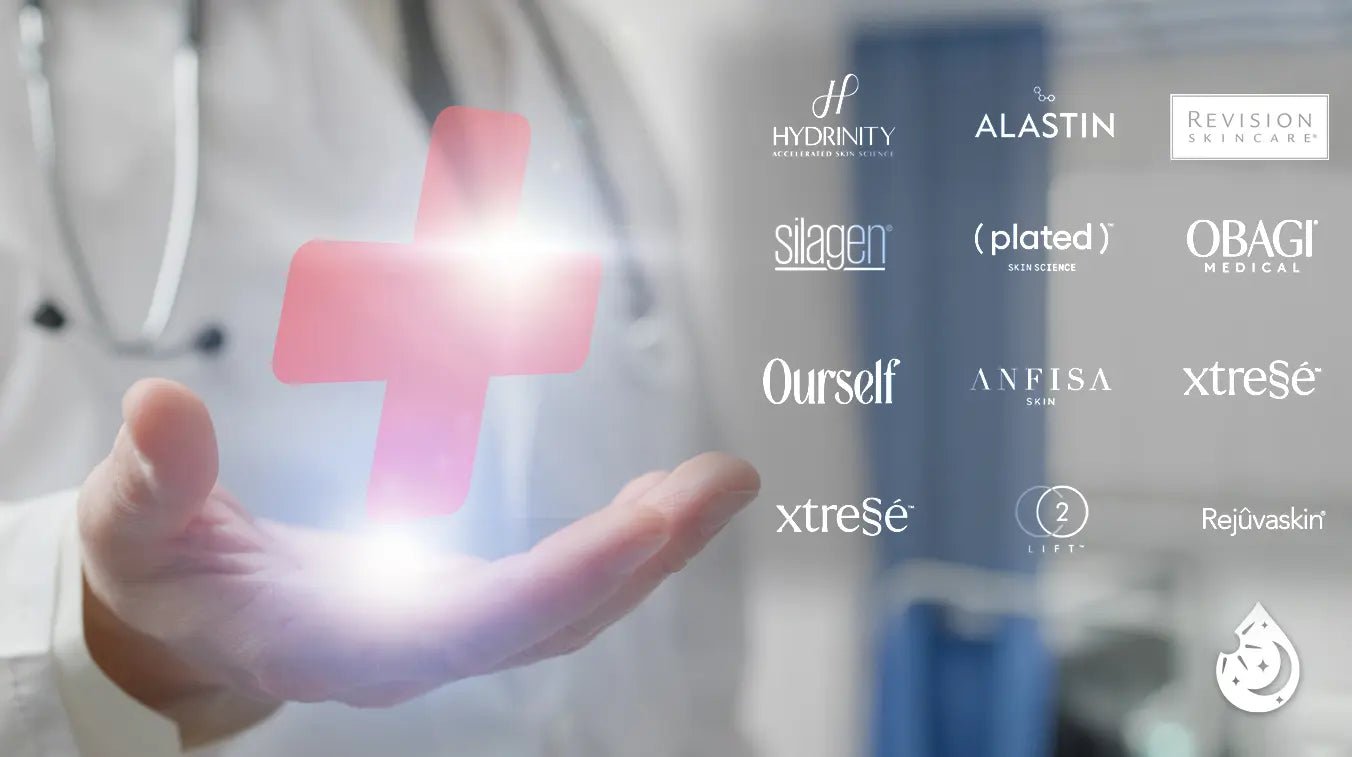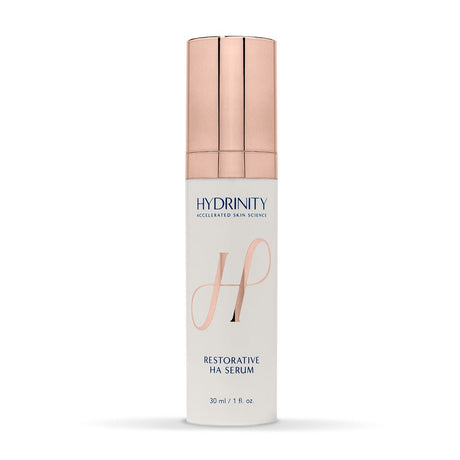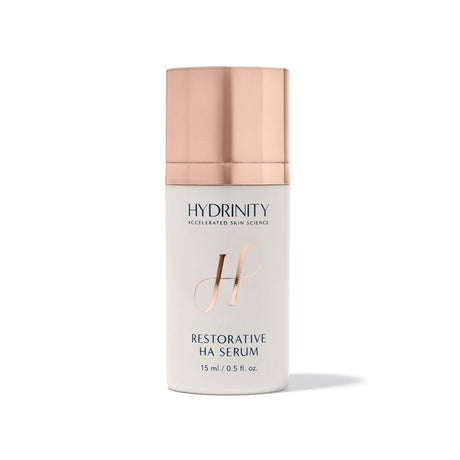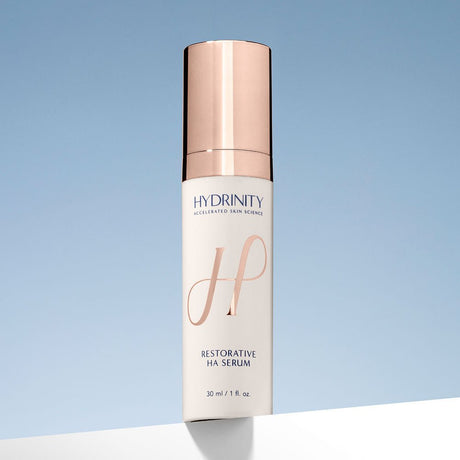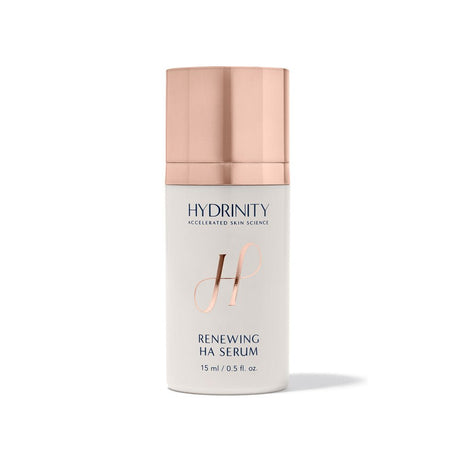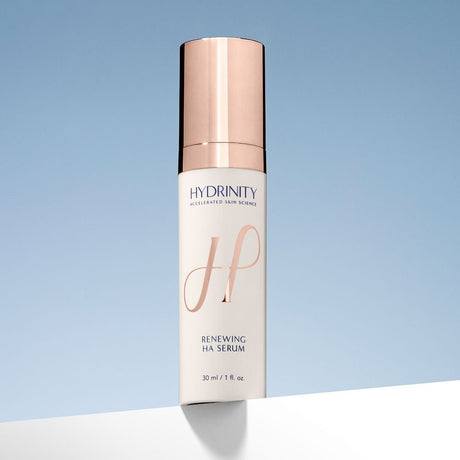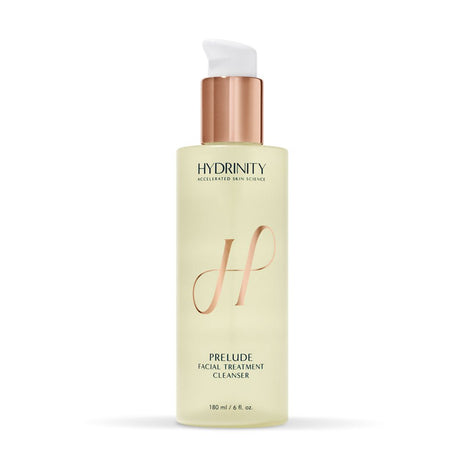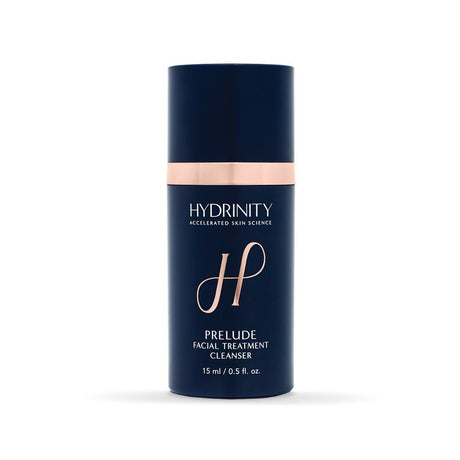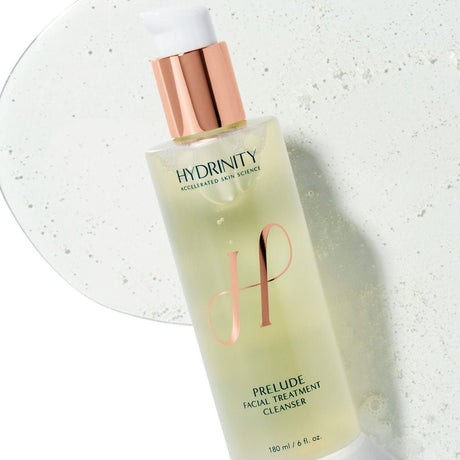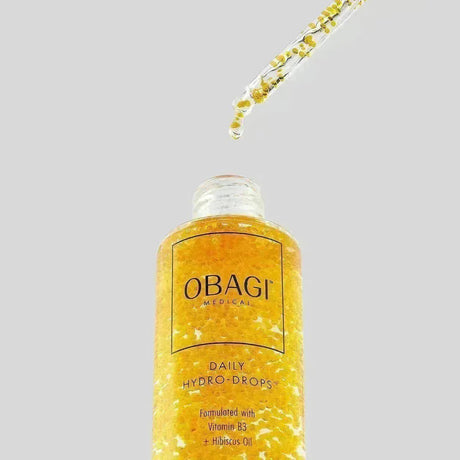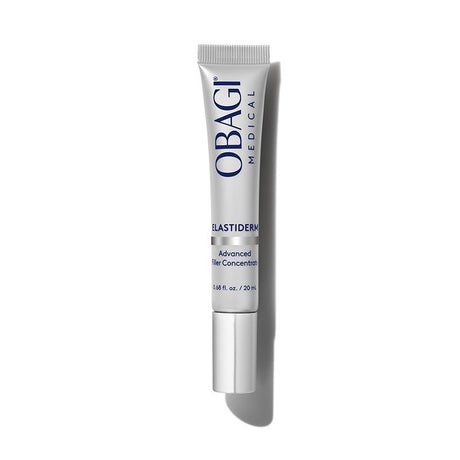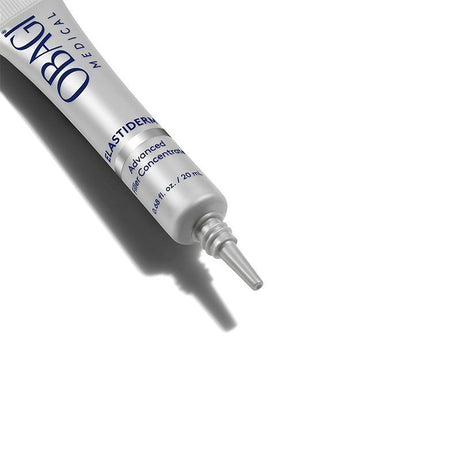In a world of endless serums, creams, and cleansers, the term medical-grade skincare often stands out, but what does it really mean? Is it just a buzzword, or is there real science (and better skin) behind it?
Let’s unpack what sets medical-grade skincare apart, who it’s for, and which product categories are worth exploring to support your skin’s healthiest glow.
What Does "Medical-Grade" Skincare Mean?
Medical-grade skincare refers to products that are formulated with higher concentrations of active ingredients and backed by clinical research. Unlike over-the-counter (OTC) skincare you’ll find at the drugstore, these products are typically:
- Developed or recommended by dermatologists and physicians
- Held to higher manufacturing and safety standards
- Designed to target specific skin concerns with measurable results
- Often available only through licensed professionals or authorized retailers
The ingredients used in medical-grade skincare are not only potent, but also delivered using advanced technologies to penetrate deeper into the skin—where real change happens.
Why Medical-Grade Skincare Works Better
The primary advantage of medical-grade skincare is its efficacy. These products don’t just sit on the surface of your skin. They’re formulated to reach deeper layers, helping to:
- Stimulate collagen and elastin production
- Brighten hyperpigmentation
- Improve texture and tone
- Minimize breakouts and inflammation
- Provide long-term skin barrier support
Because of their strength, medical-grade formulas often work faster and more effectively than OTC options, especially when used consistently and under the guidance of a skincare professional.
Is Medical-Grade Skincare Right for You?
Medical-grade skincare is ideal for anyone looking to treat:
- Premature aging (fine lines, wrinkles, loss of firmness)
- Acne and post-acne scarring
- Uneven skin tone and hyperpigmentation
- Redness and rosacea
- Dull, dehydrated, or sensitive skin
- Sun damage or melasma
If you’ve been using OTC products and aren’t seeing the results you want, upgrading to physician-recommended skincare may be a game-changer.
Core Categories of Medical-Grade Skincare to Know
You don’t need a 12-step routine to benefit from medical-grade skincare. Start with these powerhouse categories and build your regimen based on your skin’s needs:
Cleansers & Toners
Gentle yet effective, these remove impurities and prep your skin for treatment products. Many include ingredients like salicylic acid, glycolic acid, or soothing botanicals to support specific skin types.
Our Staff's Favorite Cleansers & Toners:
- Hydrinity Prelude Facial Treatment Cleanser
- Alastin Gentle Cleanser
- Obagi Nu-Derm Toner
- Revision Skincare Papaya Enzyme Cleanser
Serums
This is where the magic happens. Medical-grade serums often contain concentrated actives like vitamin C, retinol, peptides, growth factors, or hyaluronic acid for visible transformation.
Our Staff's Favorite Serums:
- Hydrinity Restorative HA Serum
- Alastin Restorative Skin Complex
- Plated Intense Serum
- Revision Skincare C+ Corrective Complex
Moisturizers
These aren't just about hydration—they’re often packed with antioxidants, ceramides, or barrier-repairing ingredients to help reinforce the skin’s natural defenses.
Our Staff's Favorite Moisturizers:
- Alastin Ultra Nourishing Moisturizer
- Hydrinity Renewing HA Serum
- Obagi Hydrate Luxe - Hydrating Facial Cream
- Plated Daily Serum
Sunscreens
Daily sun protection is non-negotiable. Medical-grade sunscreens offer broad-spectrum UVA/UVB defense with added skin benefits like antioxidants or tinted mineral coverage.
Exfoliants
Chemical exfoliants (like AHAs, BHAs, or enzymes) help speed up cell turnover, smooth skin, and unclog pores. Many medical-grade options also include anti-inflammatory or hydrating ingredients.
Eye & Lip Care
These targeted treatments address concerns like dark circles, puffiness, and fine lines with medical-strength ingredients safe for delicate areas.
Masks & Post-Procedure Care
Designed to calm, hydrate, and accelerate recovery after medical procedures, injury, or professional treatments like peels, microneedling, or lasers.
Hair & Body Treatments
Medical-grade products don’t stop at the face, many brands offer advanced care for thinning hair, crepey necks, or post-surgical scarring.
Explore our curated collections to find trusted formulas from leading medical-grade brands, all authorized, all results-driven.
| Feature | Medical-Grade Skincare | Over-the-Counter Skincare |
|---|---|---|
| Active Ingredient Levels | Higher, clinically effective | Lower, often for maintenance |
| Penetration | Deeper, targets the dermis | Primarily surface-level |
| Formulated/Recommended By | Physicians & dermatologists | General skincare companies |
| Access | Professional only or authorized retailers | Widely available |
| Results | Faster, more noticeable | May take longer or be minimal |
The Bottom Line: Is Medical-Grade Skincare Worth It?
Yes, if you want visible, lasting results backed by science. Medical-grade skincare goes beyond beauty trends and Instagram hype. It’s rooted in clinical studies, dermatological expertise, and proven outcomes.
Whether you’re new to the world of advanced skincare or looking to upgrade your current routine, medical-grade products offer the precision, potency, and professionalism your skin deserves.
Helpful Tip: Start with the Basics
You don’t need to overhaul your entire routine all at once. Consider starting with:
- A cleanser tailored to your skin type
- A daily antioxidant serum
- A broad-spectrum SPF
- A nighttime treatment like retinol or peptides
From there, you can build out with exfoliants, masks, and more targeted solutions.
Explore More
Looking to find the right medical-grade skincare for your needs?
Check out our collections curated by concern and product type:
- Anti-Aging Solutions
- Brightening Products
- Post-Procedure Care
- Dry Skin Relief
- Acne Treatments
- Hair Loss
- Body Care
We're here to make your skincare journey easier, more effective, and always backed by science.
